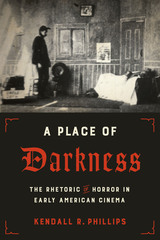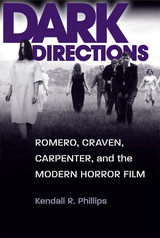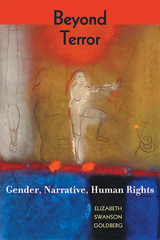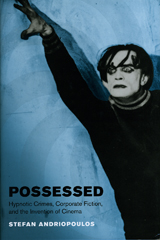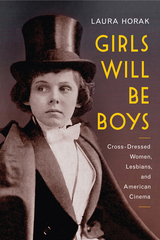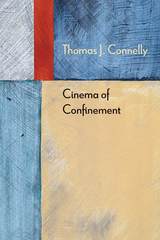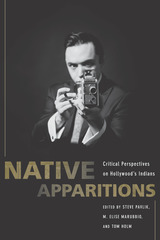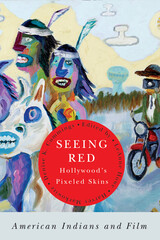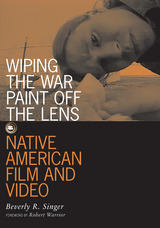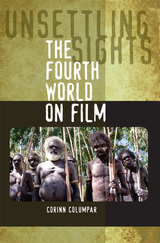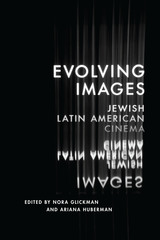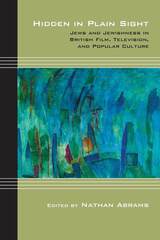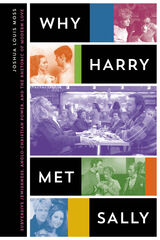Precarious Intimacies: The Politics of Touch in Contemporary Western European Cinema
Northwestern University Press, 2020
Paper: 978-0-8101-4211-4 | eISBN: 978-0-8101-4213-8 | Cloth: 978-0-8101-4212-1
Library of Congress Classification PN1995.9.I575S74 2020
Dewey Decimal Classification 791.43653
Paper: 978-0-8101-4211-4 | eISBN: 978-0-8101-4213-8 | Cloth: 978-0-8101-4212-1
Library of Congress Classification PN1995.9.I575S74 2020
Dewey Decimal Classification 791.43653
ABOUT THIS BOOK | AUTHOR BIOGRAPHY | REVIEWS | TOC | REQUEST ACCESSIBLE FILE
ABOUT THIS BOOK
Drawing on and responding to the writings of theorists such as Judith Butler, Sara Ahmed, Lauren Berlant, and Lisa Lowe, this book proposes the notion of “precarious intimacies” to navigate a dilemma: how to recognize, affirm, and value love, touch, and care while challenging the racialized and gendered politics in which they are embedded.
Twenty-first-century Europe is undergoing dramatic political and economic transformations that produce new forms of transnational contact as well as new regimes of exclusion and economic precarity. These political and economic shifts both circumscribe and enable new possibilities for intimacy. Many European films of the last two decades depict experiences of political and economic vulnerability in narratives of precarious intimacies. In these films, stories of intimacy, sex, love, and friendship are embedded in violence and exclusion, but, as Maria Stehle and Beverly Weber show, the politics of touch and connection also offers avenues to theorize forms of attention and affection that challenge exclusive notions of race, citizenship, and belonging.
Precarious Intimacies examines the aesthetic strategies that respond to this tension and proposes a politics of interpretation that identifies the potential and possibility of intimacy.
Twenty-first-century Europe is undergoing dramatic political and economic transformations that produce new forms of transnational contact as well as new regimes of exclusion and economic precarity. These political and economic shifts both circumscribe and enable new possibilities for intimacy. Many European films of the last two decades depict experiences of political and economic vulnerability in narratives of precarious intimacies. In these films, stories of intimacy, sex, love, and friendship are embedded in violence and exclusion, but, as Maria Stehle and Beverly Weber show, the politics of touch and connection also offers avenues to theorize forms of attention and affection that challenge exclusive notions of race, citizenship, and belonging.
Precarious Intimacies examines the aesthetic strategies that respond to this tension and proposes a politics of interpretation that identifies the potential and possibility of intimacy.
See other books on: Film | History & Criticism | Motion pictures | Politics | Touch
See other titles from Northwestern University Press

